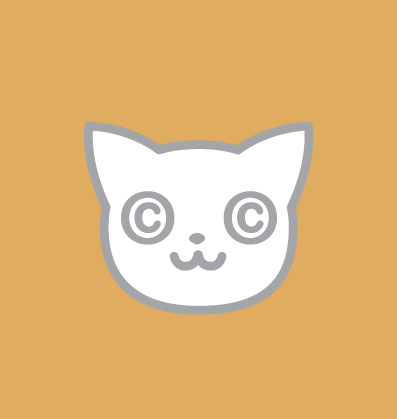Unless you’ve been in a coma or in an ashram for the past 6 months, you can’t have missed the onslaught of cute kitty videos. So many in fact that they’ve left kitty-dom to become “memes.” Memes, defined as “an idea, behavior, or style that spreads from person to person within a culture,” go viral at the speed of light (or very fast, in any case).
Some brands have created or elevated meme stars to new heights — Grumpy Cat, once a mere meme, was just named Friskies’ new spokesperson and had a front row seat at the MTV Music Awards. Other brands have built on or leveraged the power of popular memes by developing original creative, such as this Cravendale Milk’s ad.
Recently, however, there has been a spate of lawsuits involving memes that are based on or use copyrighted material. Seinfeld memes are always good for a laugh - until you try to apply the meme to a brand or commercial message. Keyboard Cat (to stick with our theme) is the cute piano-playing meme that was appropriated by Warner Brothers into a game – without bothering to check the copyright and trademark registrations. And while it’s unlikely that the owner of a copyrighted meme will pursue an individual or small company for infringement, who wants to spend the time in court to find out?
It’s increasingly easy and tempting to scrape that perfect photo, swipe that cool video clip, or leverage that viral kitty meme into marketing and social content. But someone created it and owns the rights to it.
Better to be original. Better to leverage the underlying concept and viral appeal of a meme but connect the dots creatively and differently. Like the milk ad, putting the zeitgeist to work for a brand in an "ownable" way is virulently brilliant.


